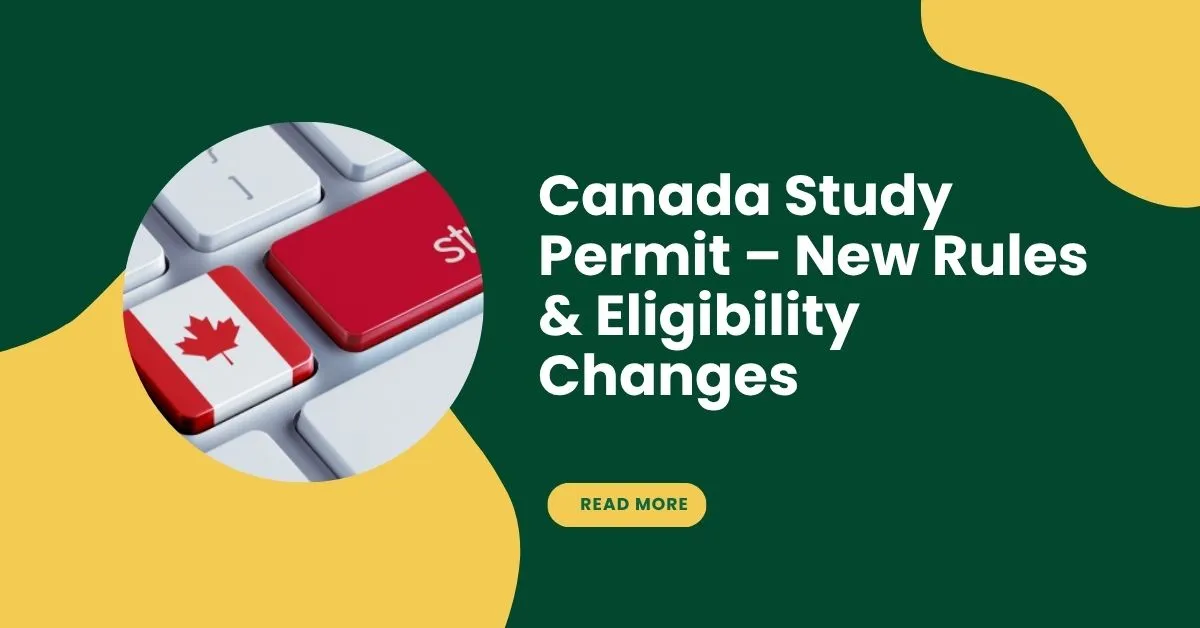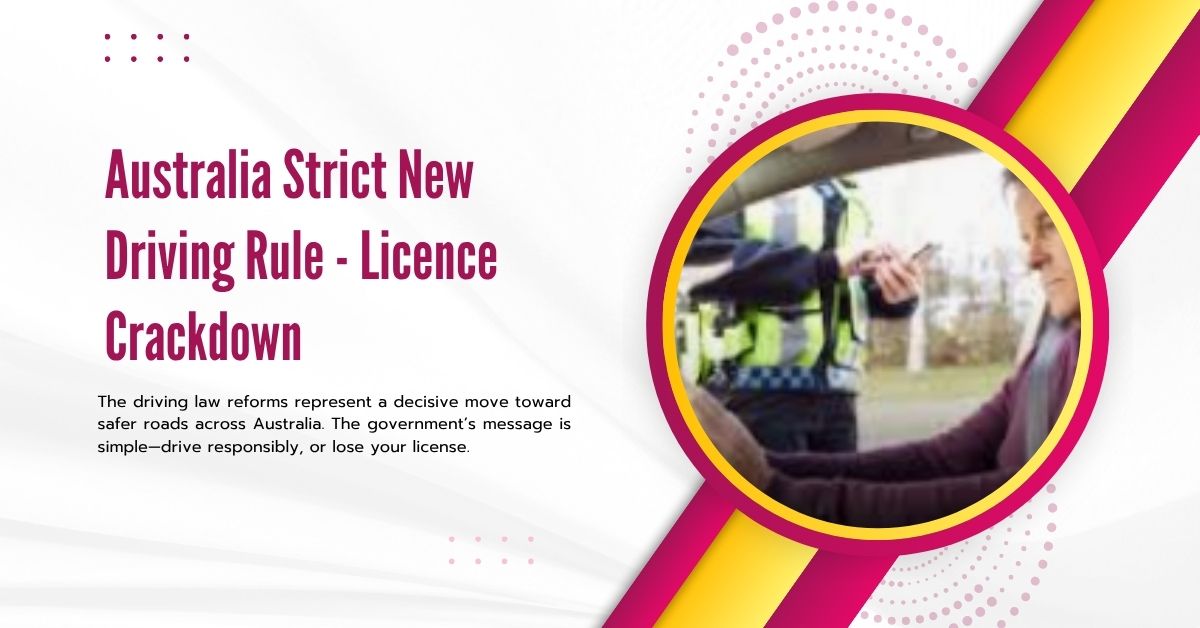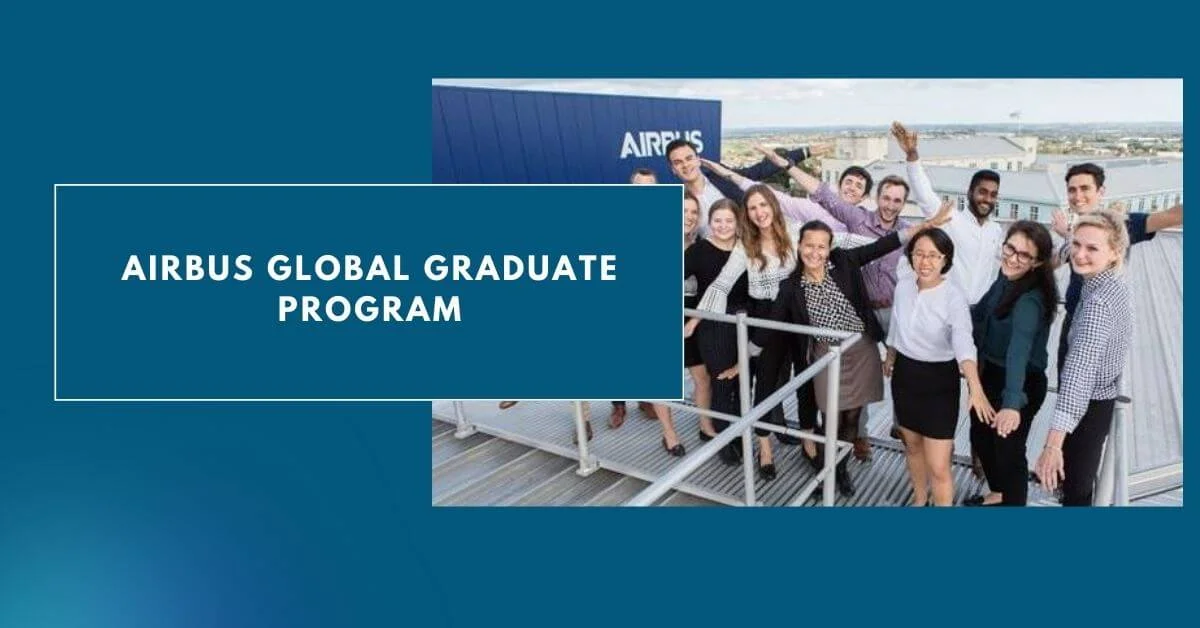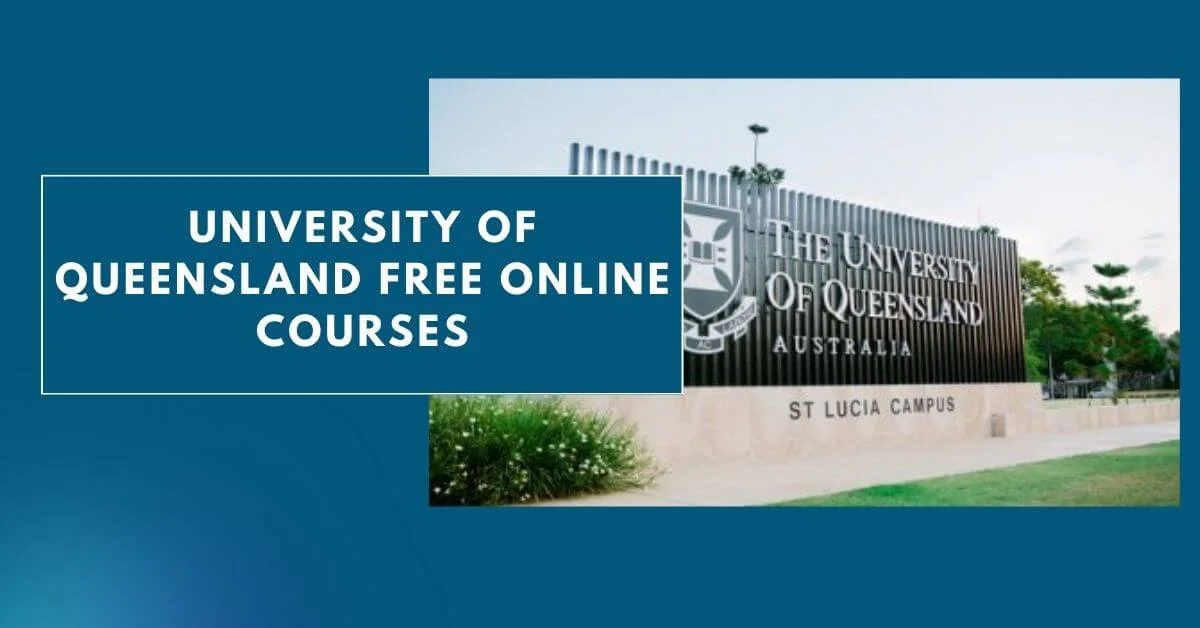How To Apply For Student Loan Forgiveness: Many students take out student loans to help support their education, but after graduation, they may struggle to meet their loan payments. A student loan forgiveness program can assist eligible individuals in reducing or eliminating their student loan debt. In this post, we will go over the several types of student loan forgiveness programs available, as well as the eligibility requirements and the actions you can take to apply for loan forgiveness.
Types of Student Loan Forgiveness Programs
There are various sorts of student loan forgiveness programs available, each with its own set of eligibility requirements and eligibility criteria. The following are some of the most prevalent loan forgiveness schemes.
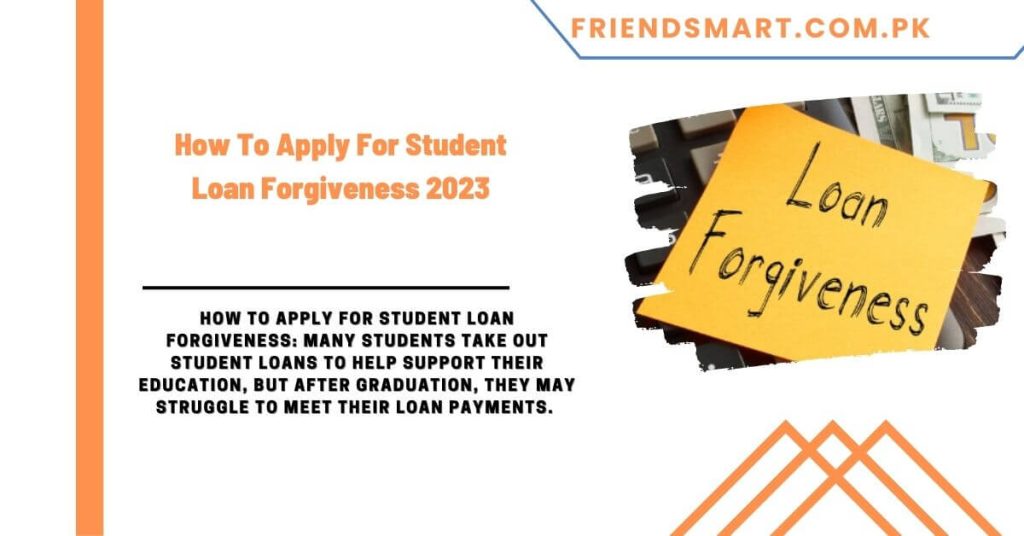
Public Service Loan Forgiveness (PSLF)
After you have made 120 eligible monthly payments while working full-time for a qualifying employer, the remaining debt on your Direct Loans will be forgiven.
Teacher Loan Forgiveness
This program forgives up to $17,500 of your Direct or FFEL Subsidized or Unsubsidized Loans if you have taught full-time in certain low-income schools for five complete and consecutive academic years.
Perkins Loan Cancellation
This program forgives a portion of your Perkins Loan debt for each year of service in a specific field, such as teaching or nursing.
Income-Driven Repayment Plan Forgiveness
This program forgives your remaining loan balance once you have made payments on an Income-Driven Repayment Plan for 20-25 years.
Read More: ielts fees in Pakistan 2023
Eligibility Requirements
You must meet specific conditions to be eligible for student loan forgiveness, such as:
- Private student debts are not eligible for forgiveness, thus you must have federal student loans.
- You must work in a qualifying occupation or for a qualifying employer.
- You must make qualifying loan payments for a set period of time.
- You must also meet any extra qualifying conditions for the loan forgiveness program for which you are applying.
When Do Student Loans Resume?
The answer depends on the sort of student loan you have and whether or not you have taken advantage of any COVID-related relief options. Following are some general guidelines:
Federal Student Loans
The moratorium on federal student loan payments and interest accrual, which began in March 2020 as a result of COVID-19, has been extended many times and is now expected to expire on January 31, 2022. This means that federal student loan payments will resume on February 1, 2022.
Private Student Loans
Private student loan lenders are not required to provide the same relief measures as federal loans, and policy may differ from one lender to the next. It is critical to contact your lender to determine when your payments will resume and whether any relief options are available.
Steps to Apply for Student Loan Forgiveness 2023
If you are eligible for a student debt forgiveness program, you can apply for loan forgiveness by completing the steps below:
- Determine which loan forgiveness program you are eligible for and collect all required documentation to support your application.
- Fill out the application form for the loan forgiveness program you’re interested in. Make care to fill out the form completely and accurately.
- Submit the application form, along with any relevant papers, to the organization or loan servicer in charge of the loan forgiveness program.
- Check in with the organization or loan servicer to check that your application is being completed and that you have provided all the required information.
- Continue making loan payments until you receive confirmation that your loan forgiveness request has been approved.
How Will Student Loan Forgiveness Be Paid For?
Here are some of the most prevalent plans and how they would be funded:
Federal Government Funding: The federal government would provide cash for student loan forgiveness under this idea. Taxation or reallocation of monies from other programs would be used to fund this.
Wealth Tax: Some ideas have suggested that a wealth tax be used to fund student loan forgiveness. This would entail levying a tax on the wealth of the richest Americans.
Financial Transaction Tax: Another suggestion is to fund student loan forgiveness with a financial transaction tax. This would entail levying a tiny fee on financial transactions like stock trades.
Increased Corporate Taxes: Some suggestions propose raising corporate taxes to fund student loan forgiveness. This would include raising the corporate tax rate in order to produce greater income for the federal government.
Conclusion
Student loan forgiveness programs can assist eligible people in reducing or eliminating their student loan debt. The application procedure, however, can be complicated, and it is critical to understand the qualifying requirements and steps involved in asking for debt forgiveness. If you are struggling with student loan debt, consider researching loan forgiveness alternatives and seeking advice from a financial counselor or student loan expert. You may take efforts to minimize the burden of student loan debt and work toward a brighter financial future if you are persistent and determined.
People Also Ask
-
How Will Student Loan Forgiveness Be Paid For?
Federal Government Funding: The federal government would provide cash for student loan forgiveness under this idea. Taxation or reallocation of monies from other programs would be used to fund this.
Wealth Tax: Some ideas have suggested that a wealth tax be used to fund student loan forgiveness. This would entail levying a tax on the wealth of the richest Americans.
Financial Transaction Tax: Another suggestion is to fund student loan forgiveness with a financial transaction tax. This would entail levying a tiny fee on financial transactions like stock trades.
Increased Corporate Taxes: Some suggestions propose raising corporate taxes to fund student loan forgiveness. This would include raising the corporate tax rate in order to produce greater income for the federal government. -
What are the Eligibility Requirements Student Loan Forgiveness Programs
Private student debts are not eligible for forgiveness, thus you must have federal student loans.
You must work in a qualifying occupation or for a qualifying employer.
You must make qualifying loan payments for a set period of time.
You must also meet any extra qualifying conditions for the loan forgiveness program for which you are applying.

